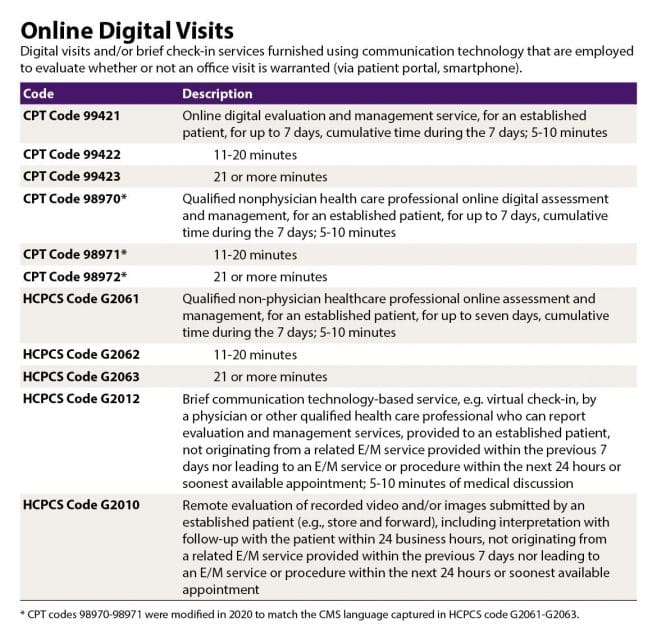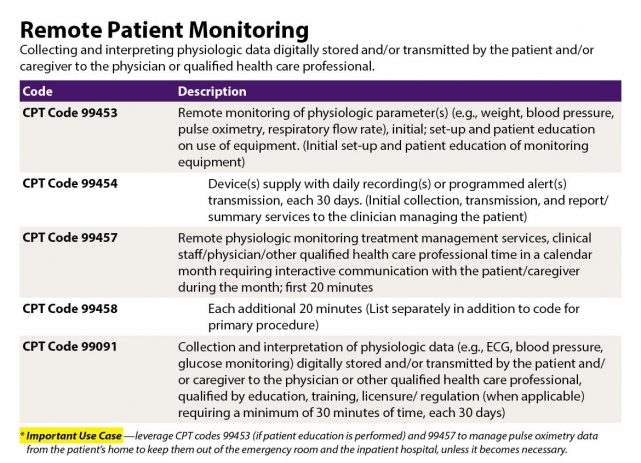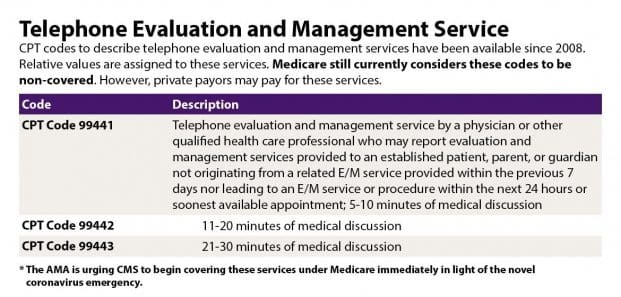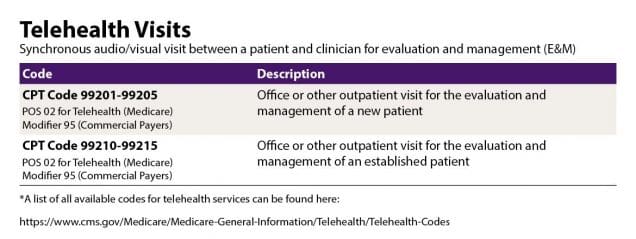
March 18, 2020
Prioritizing Novel Approaches to
Telehealth for All Practitioners
From the AAO-HNS Telemedicine Committee: Douglas M. Hildrew, MD
As the global healthcare implications of the COVID-19 pandemic continue to unfold, we should all take pause to remind ourselves just how resilient, adaptable, and dedicated we are in our pursuit of high-quality patient care. The Academy draws great strength from our heterogenous and eclectic membership. From the onset of this pandemic, we have prioritized efforts in advocating novel approaches to telehealth for all of our practitioners – whether they be private practice, hospital-based, or part of a large academic group.
Retroactive to January 27, 2020, the federal government has approved unprecedented steps to expand telemedicine services under Medicare and Medicaid. Commercial insurers often follow CMS policy, but AAO-HNS members are reminded to check with each plan as their policies may be different. The Secretary of the Department of Health and Human Services (HHS) has authority, under Section 1135 of Social Security Act (SSA), to temporarily waive regulations when the President has declared a national emergency. Secretary Azar has used this authority to waive telehealth regulations therefore allowing expanded use of telehealth.
The federal regulatory flexibilities and blanket waivers that have been approved include the following:
- This exercise of discretion applies to telehealth provided for any reason, regardless of whether the telehealth service is related to the diagnoses and/or treatment of health conditions related to COVID-19.
- Providers located out of state/territory may provide care to another state’s Medicaid enrollees impacted by the emergency.
- It temporarily waives requirements that physicians and other healthcare professionals be licensed in the state in which they are providing services, so long as they have equivalent licensing in another state.
- Prior authorizations in fee-for-service programs can be waived.
- A physician or other practitioner may either reduces or waive cost-sharing obligations (i.e., coinsurance and deductibles) that a beneficiary may owe for telehealth services furnished.
- The OIG’s Policy Statement neither mandates nor requires cost-sharing to be waived or reduced, nor does it require billing Medicare.
While these flexibilities and waivers will constitute the framework of which we will build upon for the next several months, it encourages a fundamental change in the way most of us practice medicine at this time. To help ease this transition, the U.S. Department of Health and Human Services (HHS) Office for Civil Rights (OCR) has publicly announced flexibility with HIPAA rules as well. Specifically, HHS has offered guidance on HIPAA flexibilities which include the following:
- Healthcare providers subject to the HIPAA rules may seek to communicate with patients and provide telehealth services through remote communications technologies.
- Effective immediately, the OCR will exercise its enforcement discretion and will not impose penalties for noncompliance with the regulatory requirements under the HIPAA Rules against covered healthcare providers in connection with the good faith provision of telehealth during the COVID-19 nationwide public health emergency.
- A covered healthcare provider that wants to use audio or video communication technology to provide telehealth to patients during the COVID-19 nationwide public health emergency can use any non-public facing remote communication product that is available to communicate with patients.
- Providers are encouraged to notify patients that these third-party applications introduce potential privacy risks, and providers should enable all available encryption and privacy modes wherever possible.
- Approved, Non-public facing remote communication products include:
- Apple FaceTime
- Facebook Messenger video chat
- Google Hangouts video
- Skype
- Unapproved, public-facing products include:
- Facebook Live
- Twitch
- TikTok
- …and all other similar, public-facing platforms
- Approved, Non-public facing remote communication products include:
- Providers are encouraged to notify patients that these third-party applications introduce potential privacy risks, and providers should enable all available encryption and privacy modes wherever possible.
- Some providers may seek additional privacy protections for telehealth while using video communication products. Technology vendors that are HIPAA compliant may require HIPAA business associate agreements (BAAs)
- Vendors that provide HIPAA-compliant video communication products include the following:
- Skype for Business
- Updox
- VSee
- Zoom for Healthcare
- Doxy.me
- Google G Suite Hangouts Meet
- Vendors that provide HIPAA-compliant video communication products include the following:
Note:
The Academy has not reviewed individual BAAs offered by any of these vendors. This list is provided out of courtesy and is in no way meant as an endorsement, certification, or recommendation of specific technology, software, applications, or products.
As the cadence of press releases and overall flow of information have made staying current a formidable challenge, we are committed to assisting you in any way possible.
From the American Medical Association the following are Common CPT codes and Medicare coverage for telemedicine services:




